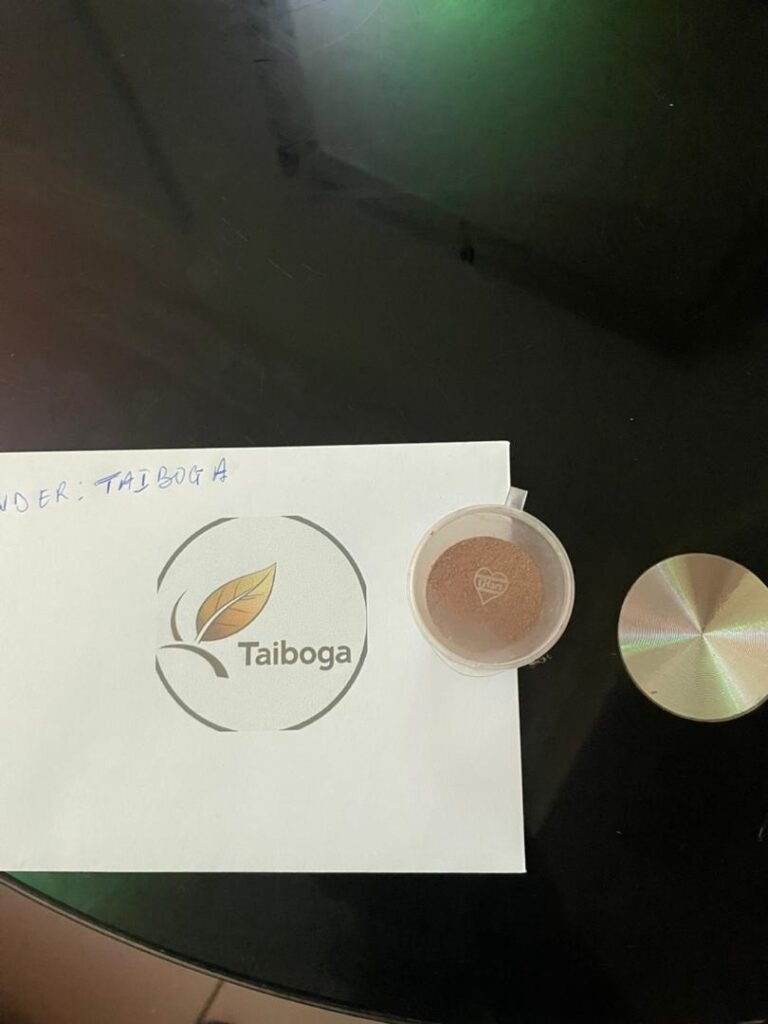Menu
Can Ibogaine Help with MS?
Can ibogaine help with MS? This question is gaining traction as alternative therapies attract attention from individuals living with multiple sclerosis (MS). With conventional treatments offering limited relief, many are turning to plant-based and psychedelic solutions. One of these is ibogaine — a powerful alkaloid extracted from the root bark of Tabernanthe iboga, a plant native to Central Africa. Traditionally used by the Bwiti people for spiritual healing and initiation ceremonies, ibogaine is now being studied for its potential to address a wide range of health conditions, including MS.
This article explores the relationship between ibogaine and multiple sclerosis, its neurological effects, and how it could offer new hope to those managing this complex autoimmune disease.
What Is Multiple Sclerosis (MS)?
Multiple sclerosis is a chronic autoimmune disorder where the immune system mistakenly attacks the central nervous system, damaging the myelin sheath that insulates nerve fibers. This disruption affects communication between the brain and the body, leading to symptoms like:
- Muscle weakness
- Fatigue
- Pain and spasms
- Loss of coordination
- Cognitive difficulties
- Vision problems
MS currently has no known cure, and existing treatments mainly focus on slowing the disease progression, managing symptoms, and improving quality of life.
Understanding Ibogaine
Ibogaine is one of the primary psychoactive compounds found in the iboga plant. Its powerful neurological effects have made it a subject of interest for treating addiction, PTSD, and mood disorders. Unlike other psychedelics, ibogaine interacts with multiple receptor systems in the brain, including serotonin, dopamine, and NMDA receptors, which are crucial to nerve signaling and neuroplasticity.
Research and anecdotal reports suggest that ibogaine promotes neurogenesis — the growth and repair of nerve tissue. This effect has sparked interest in its potential use for neurodegenerative and autoimmune conditions like MS.
Can Ibogaine Help with MS Symptoms?
While scientific studies on ibogaine specifically for MS are still limited, several mechanisms suggest it could play a supportive role in managing the disease:
1. Neuroprotective Properties
Ibogaine is known to stimulate the release of neurotrophic factors such as GDNF (Glial Cell-Derived Neurotrophic Factor), which helps protect neurons and encourages their regeneration. For people with MS, this could potentially support nerve repair and prevent further degradation.
2. Anti-Inflammatory Effects
Inflammation plays a central role in MS. Some evidence points to ibogaine’s anti-inflammatory properties, which might help reduce immune-mediated damage in the brain and spinal cord.
3. Pain and Muscle Spasm Relief
Individuals with MS often experience chronic pain and muscle spasms. Anecdotal reports indicate that ibogaine may alleviate neuropathic pain and relax overactive muscle groups through its interaction with opioid and NMDA receptors.
4. Mood Stabilization
Depression and anxiety are common in MS. Ibogaine’s mood-regulating effects may offer relief, supporting mental resilience and reducing emotional distress — factors that significantly affect disease management and quality of life.
Real-Life Reports and Testimonials
Though clinical trials are sparse, real-life experiences offer compelling insights. Several individuals diagnosed with MS have tried ibogaine therapy under medical supervision and reported improvements in:
- Muscle coordination
- Cognitive clarity
- Emotional stability
- Pain reduction
However, it’s important to approach these stories with caution. Everyone responds differently to treatment, and what works for one person may not work for another.
Risks and Considerations
Ibogaine is a powerful psychoactive substance. It is not without risks, especially for people with pre-existing heart conditions or those taking medications that affect the heart’s rhythm. MS patients should consult a medical professional before considering ibogaine. It must always be administered in a controlled, medically supervised environment to ensure safety.
Potential side effects include:
- Nausea and vomiting
- Cardiac arrhythmia
- Ataxia (loss of coordination)
- Hallucinations and intense psychological effects
Despite these risks, when used properly and responsibly, ibogaine has shown remarkable therapeutic potential.
Legal Status of Ibogaine
Ibogaine remains a Schedule I substance in the United States and is illegal in some other countries. However, many clinics worldwide — especially in Latin America, South Africa, and parts of Europe — legally offer medically supervised ibogaine therapy. It’s crucial to choose reputable providers with proven safety protocols and certified practitioners.

Ibogaine and the Path to Remyelination
One of the most intriguing potentials of ibogaine lies in its impact on neuroplasticity and remyelination. Early animal studies have shown that ibogaine may encourage myelin regeneration — a key goal in MS treatment. While these findings are preliminary, they open new doors for future therapies and scientific investigation.
Ibogaine may act as a catalyst for cellular repair in the nervous system, helping MS patients regain lost function or slow further deterioration. Although this concept is still theoretical, it’s promising and worth further study.
Complementary Support with Iboga Products
Beyond ibogaine HCL used in flood doses, microdosing iboga rootbark or iboga TA (total alkaloid) may provide ongoing support for MS patients. Microdosing is known to maintain the benefits of ibogaine therapy with reduced intensity and minimal side effects. It may help stabilize the immune system, improve energy levels, and enhance overall wellbeing.
What Experts Say
While more clinical trials are needed, researchers believe that the multi-target nature of ibogaine — acting on multiple neurotransmitters and inflammatory pathways — makes it a unique candidate for neuroimmune conditions like MS.
Dr. Mash, a prominent ibogaine researcher, has pointed out the importance of ibogaine’s effects on the central nervous system, noting its ability to reset dysfunctional neurological pathways.
This ability aligns with what MS patients need: not just symptom relief, but true neurological healing.
Conclusion
Can ibogaine help with MS? While the scientific community still has much to learn, early signs suggest that ibogaine could offer new hope. From neuroprotection and pain relief to emotional stability and potential remyelination, ibogaine stands out as a promising tool in managing multiple sclerosis.
It’s essential to approach this treatment with caution, awareness, and professional support. If you’re living with MS and seeking natural solutions that go beyond symptom management, ibogaine may be worth exploring.
Iboga and Ibogaine: A New Path to Healing
As you consider the path forward in managing MS, remember that iboga and ibogaine offer more than a treatment — they offer transformation. Whether through deep neurochemical resets or long-term microdosing strategies, these powerful plant medicines may hold answers where conventional medicine has fallen short.
Start Your Healing Journey Today
At ibogastoreonline, we offer premium ibogaine HCL, iboga rootbark, and total alkaloid extracts for therapeutic use — all sourced responsibly and shipped worldwide. Our mission is to help individuals like you find safe, reliable access to nature’s most powerful healing plant.
📞 Call or WhatsApp us today:
+237653823790 / +237672584494
Let’s talk about how we can help you on your path to healing.
ibogastoreonline.com
Facebook
Pinterest
Twitter
LinkedIn


